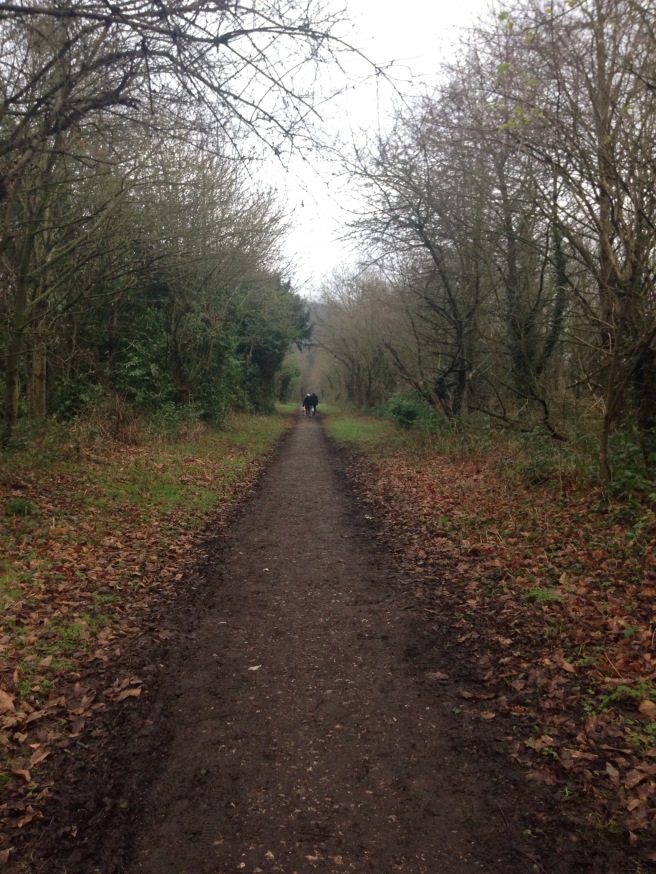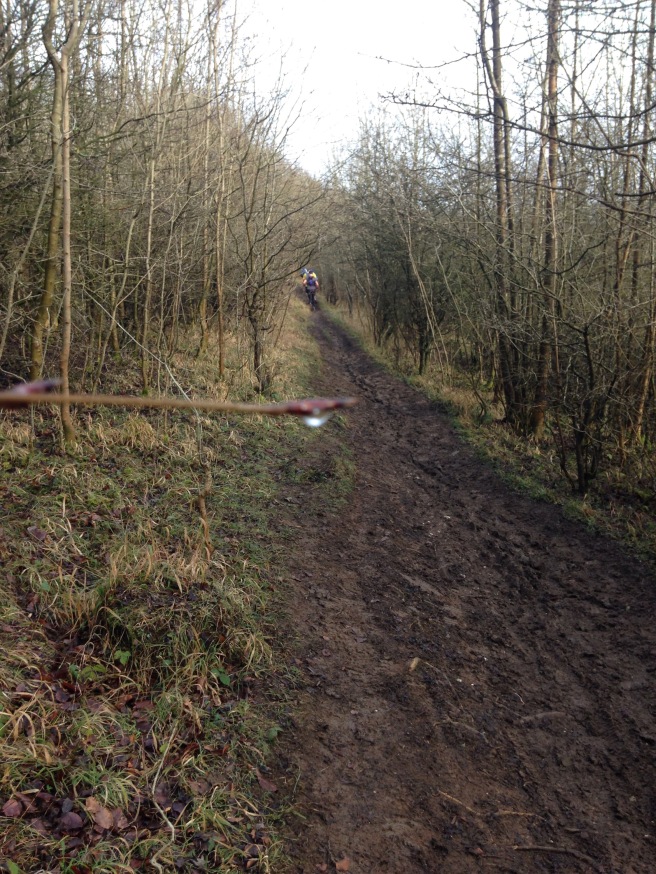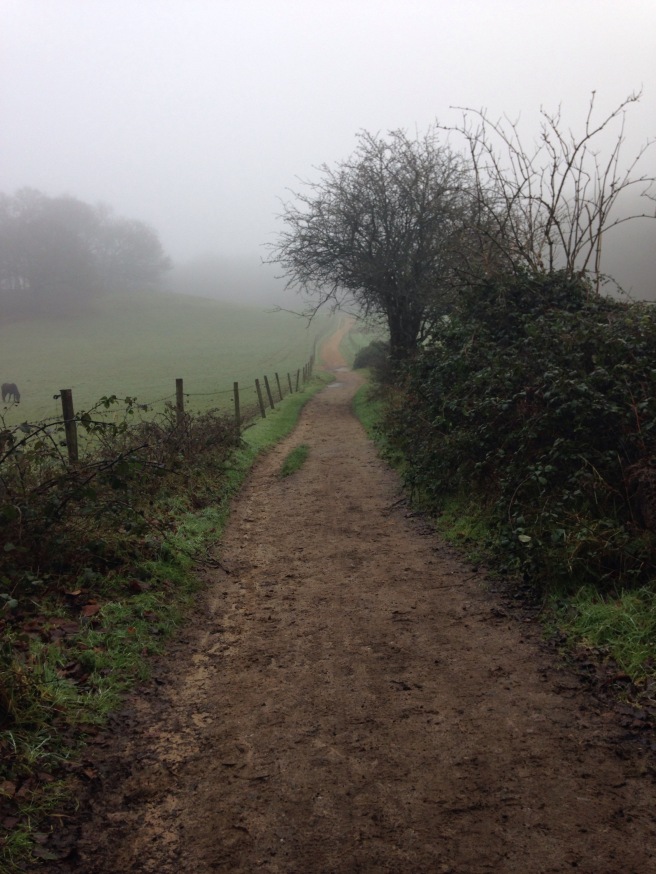I found this article on child marriage which highlights the reasons behind this harmful practice. It’s from the Washington Post, by Stephen Buckley on December 13, 1997. It’s crazy to think that the practice is still alive 19 years later and the horrors of it are true today as they were back then. How many stories have I heard of girls taken out of school to be married off to some distant relative to save family honour?
The story below is very shocking and I put in bold the part where I actually stopped reading to shout my anger. I heard about the case of Fanta Keita at the time it happened and seeing it here again is a reminder that there is still a lot to be done to protect young girls that no one hears in their darkest hours.
It’s a long article but please read it to the end. There’s a lot to learn from it. The horror is real.
Wedded to Tradition: Marriage at Puberty
KORHOGO, Ivory Coast—
The griots are wailing. They howl into a squealing microphone as fellow storytellers, in a storm of sunflower golds and indigos and teals and cornflower blues, dip, leap, shake, stomp, twirl and shudder in fierce ecstatic dancing.
It is just after noon, and inside, in a steamy square room no larger than a prison cell, Aisha Camara is covered in a pink-and-white striped blanket. She briefly lifts a veil that hides her angular features. The griots and her neighbors are celebrating her wedding day, but she is not smiling.
She is 14 years old, and in this town in northern Ivory Coast, and throughout sub-Saharan Africa, such ceremonies are common. It does not matter that in numerous countries on this continent, such early marriages have been illegal for years.
Aisha’s family will not publicly discuss this tradition, but people in her community eagerly defend it. People such as Boubacar Maiga, a neighbor who did not attend Aisha’s wedding, say forcing girls to marry at such ages protects them from immorality, strengthens clan relationships and honors Islam.
“If a girl doesn’t marry at an early age, she’ll sleep with many men. Nobody would want to marry her later,” said Maiga, 55. Such marriages, he said, keep girls from “adventures.”
He married his first wife when she was 11. He forced his oldest daughter to marry last year when she was 12. His next daughter, age 7, is scheduled to wed next year. Constance Yai, a prominent women’s rights activist in this West African country, sees only tyranny in the tradition. Her battle to eradicate childhood marriage is for her a struggle between an oppressive Africa tied blindly to traditions versus one urgently seeking to embrace the modern world.
“Pedophilia is a phrase that’s only recently become popular in the developed world,” she said in her office in Abidjan, Ivory Coast’s capital. “But in Africa, it’s been around a long time.”
The practice of forcing girls into marriage took hold decades ago throughout sub-Saharan Africa and is especially widespread in countries there with large Muslim populations.
The marriages typically occur within clans, the girl compelled to wed a distant relative—often two or three times her age—who sometimes has chosen her long before puberty.
Experts on Islamic law say the Koran does teach that a girl can be married as soon as she can conceive, but they say the religion does not condone forcing girls into wedlock.
Sociologists and teachers of Islamic law say that West African Muslims have accepted the tradition because it ostensibly promotes social stability, cementing ties between clans and preventing promiscuity.
Activists and medical professionals say pre-adolescent marriage is partly responsible for Africa’s maternal mortality rates, among the highest in the world. Yai says it is not unusual for both mother and child to die during birth.
Yai said that “often the girls are pulled from school and forced to drop their education and become a wife overnight. These young women cannot turn to anyone to say no or to seek help.” The real reason the practice has prevailed, she said, is that families often receive hundreds, even thousands of dollars as dowry. “It is what keeps this practice alive,” she said.
But the practice has come under increasing assault since last year, when a then-12-year-old named Fanta Keita killed her 30-year-old husband.
A Bride’s Revenge
Fanta has a heart-shaped face, a simple, sweet smile, bright almond-shaped eyes and a tiny voice. You cannot imagine her slitting someone’s throat.
But that is what she did in April 1996. She killed her husband of three weeks, was arrested the next day and, largely because of Yai’s Ivorian Association for the Defense of Women, almost immediately became a cause.
Fanta’s parents had forced her to marry a distant cousin she had never heard of or seen. They lived together in Abidjan.
Every night, she said, he asked her for sex. Every night she said no. He would then batter her about the face and head. Then, every night, he would rape her.
One Saturday night, he came into their house and asked her to draw water for a bath. She said no. He asked why. She said she just did not want to. He left.
He had told Fanta that if she refused to draw his water, she could not go to a neighbor’s house. She went anyway, watched television and ate dinner, and when she returned, he was waiting for her.
After he beat her and raped her again, he went to sleep. She slipped into the kitchen and—she put her head on the table, covering up with her arms as she said this—”I took the knife and I cut him.”
The police held her in the women’s section of the Abidjan prison for nearly a year before women’s rights groups prevailed on President Henri Konan Bedie to free her, at least until her trial.
Now activists from Yai’s group shelter her during the week, and on weekends she lives at Yai’s house. Fanta’s case has galvanized women’s rights activists to press the government to publicize a 30-year-old law that outlaws early and forced marriage.
“We have to let these young girls know they have the right to refuse this type of practice,” said Yai, who sat a few feet from Fanta during the interview. This month another campaign is designed to let police know that “when a young girl comes to the police, they must help her instead of saying, ‘That’s a family problem.'”
A Father’s ‘Duty’
Maiga had not heard of Fanta Keita until recently. He does not hold much sympathy for her. “In Islam, when the girl is married, her husband is just under God,” he said. “You should obey him no matter what.”
Maiga, a short, square-shouldered man with a trimmed white beard, defends early marriage without shame or self-consciousness. In an ideal world, a woman would not be married until 18, he says, but we do not live in an ideal world.
We live in a world in which girls chase boys, have sex, produce babies, earn reputations, shame families, he said. “Your neighbors won’t respect you,” he said in Fulani, his tribal language. “They will say I failed to fulfill my duties as a father.”
He said Azara, his daughter who married last year, frequently would leave the house and return hours later, and he would not know where she had been. Once he tied her up, burned her back with a piece of iron, then locked her in a room for three days without food. He laughed as he told this story; so did the men nearby.
He never sent Azara to school because if girls went to “modern” school, they might meet people who would drive them from their traditions. Educated girls “argue with their parents. They start asking questions. They want to have a say in everything in their life,” he said. And educated girls do not want to marry until they are “19 or 20.”
As soon as he married off Azara, “I got peace of mind,” Maiga said. “She was no longer my problem.”
She became Ibrahim Haidara’s “problem.” Haidara, 41, has known Maiga for years, and he first saw Azara at Maiga’s house. He says he picked her to be his bride when she was 6 years old.
Haidara, a fisherman and farmer, is an educated man who speaks fluent French and gives instruction in the Koran. Asked about the case of Fanta Keita, he said her husband “deserved what he got.”
Yet he defended the tradition that Fanta struck out against. He said marrying a 12-year-old is fine because “it’s the parents”—both the man’s and the girl’s—who make the decision.
He sat in the yard in front of the house in which he and Azara rent a room. Around him, piglets—intruders from a neighbor’s yard—nosed around, and chickens scuttled back and forth.
His legs were crossed, his voice even. He sat in a wooden chair; Azara, who had served him a lunch of fish and rice, sat on a straw mat near his feet.
He has had trouble with Azara. At one point last year, her father came to the village to warn Azara that she must mind Haidara. He had heard that she was neglecting her husband, running to neighbors’ houses to watch TV and stealing away to local tribal dances.
Haidara said Azara has a lot to learn. The problem is that she is very young and “still very childish.”
Azara does possess a typical 13-year-old’s tender goofiness. It flashes in the way she melts into giggles at the slightest thing, in the way she snaps her gum and blows bubbles, in the embarrassed frozen silences that follow questions about having children.
She said she does not recall much about her wedding in February 1996, just that “I wasn’t happy.” If she had had a choice, she would have gotten married “after having some fun,” she said in Fulani. “When I got tired of having fun, then I would get married.”
She spends her days bent over—sweeping the room they rent with a hand broom, preparing meals, washing clothes, scrubbing pots and plates. She said she has one friend, a young girl who also is married.
Azara saw Haidara at her father’s house a lot when she was very young. He never brought gifts for her, never joked with her, seemed to barely see her. No one told her that he had picked her to be his bride.
The teenager said that shortly after their wedding, she did rebel. She said Haidara then began beating her regularly. To which her father snapped: “It’s your fault. . . . There’s no food when your husband comes home from the field. You deserve to be punished.” (Azara later said Haidara has never struck her but has insulted her and threatened to kill her.)
She seems to spend a lot of time with her friend, Oumou, 12. Oumou, a quiet girl who constantly twists her chin-length braids, was wedded when she was 9. She has a 6-month-old daughter.
One afternoon, at Oumou’s house, Azara kissed and snuggled her friend’s baby. “She’s beautiful,” Azara said, “but I’m not ready to have one.”
You can check the original article on here: Washington Post





![IMG_5302[1]](https://plankilimanjaro.files.wordpress.com/2016/08/img_53021.jpg?w=333&h=333)












































 This is what I want my campaign for Because I am a Girl to be about.
This is what I want my campaign for Because I am a Girl to be about.